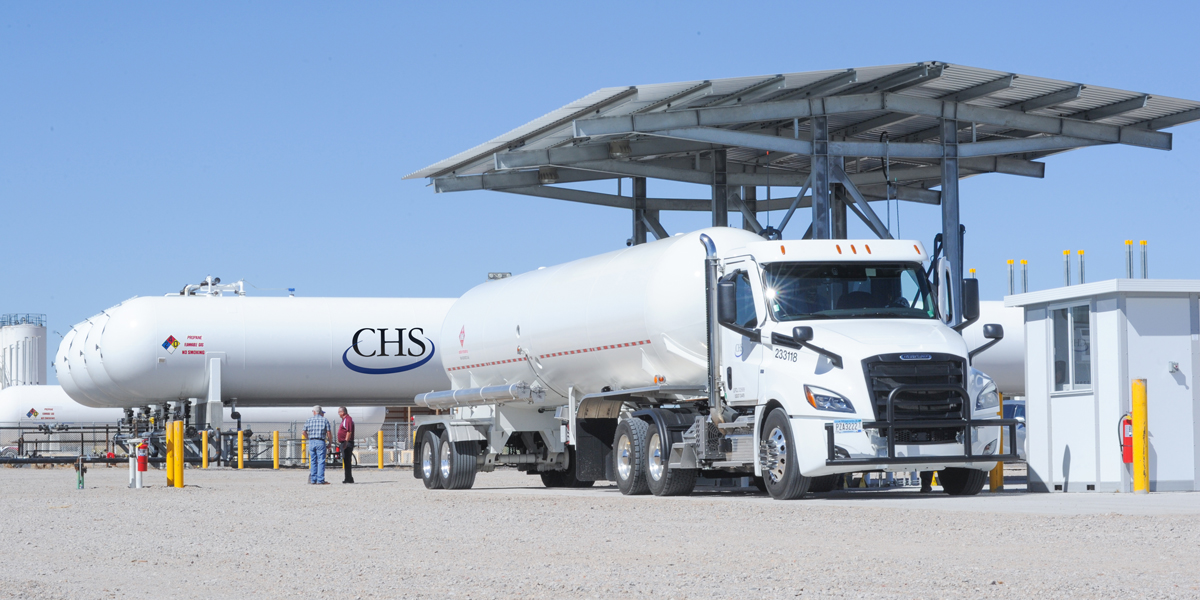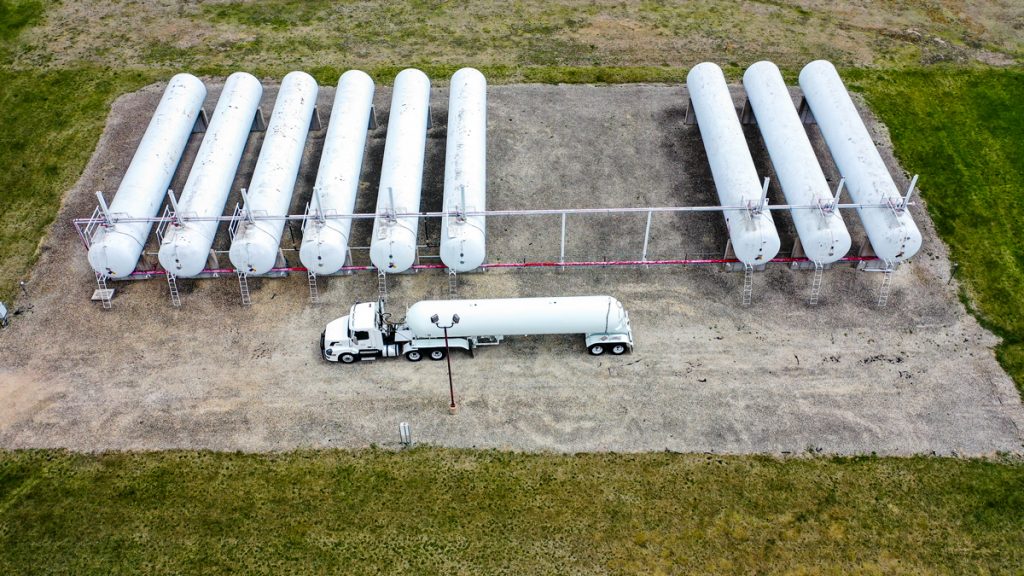
Reducing the difference between winter and summer propane lift volumes is a major challenge for most retailers. Depending on geography, a company’s winter-to-summer ratio can vary from 5:1 to 2:1
“The flatter the better,” says Travis Dunham, director of propane supply for CHS Propane. “That’s because most refineries and gas plants produce the same amount year-round – the equivalent of a 1:1 ratio. Some even produce slightly more propane during the summer.”
“For propane retailers in the northern part of the country, not only are winters longer and colder, but they are farther away from major storage facilities and pipelines, which can increase the potential for shortages and magnify transportation costs in high-demand months.”
The best way to help flatten your propane lift ratio is to find new sources of summer sales, says Mark Porth, senior account manager and Autogas expert for CHS Propane. “There are at least four basic things most retailers can do to boost summer business.”
1. Start a summer-fill program.
Converting more “will-call” customers to schedule deliveries is a good way to even out sales and avoid delivery emergencies. Starting, or reemphasizing a summer-fill program is another valuable supply management tool.
“Customers get to take advantage of potentially reduced pricing when they fill tanks in the summer,” notes Porth, “and it keeps your drivers busier then, as well.”
Right-sizing customer storage can be part of a summer-fill program, he adds. “It’s an ideal time to help customers review their operation’s propane needs for crop drying and home heating, and to make sure they have adequate storage for those peak fall and winter times.
2. Develop summertime business.
Look for businesses and agencies in your area that operate during the summer. Mower fleets, such as landscape and lawn-care businesses, schools and local governments are a great example. Their heavy summertime usage can be a great demand driver. Irrigation is another heavy user of propane during the summer months. If you are lucky enough to have irrigation in your market, explore all of the options out there. Weed flaming is in many Midwest agriculture markets and can create periods of strong demand.
3. Expand into Autogas.
School buses are one of the fastest-growing markets in the country, thanks to state and federal funding programs. Across the United States, more than 20,000 buses now run on propane.
“Propane burns cleaner, with less particulate, there’s less need for maintenance and engine life is extended,” says Porth. “Currently you can get new propane-powered school buses faster than new diesel or battery powered models.”
Bus fleet operators say they appreciate that propane buses heat up quicker and run quieter than diesel versions. They also produce less harmful emissions, which is important around school children and in urban areas. And new dispensing and storage equipment is available to make using propane Autogas easy and convenient. The CHS Propane-Powered program is a great way to help local schools and bus operators make the switch.
4. Convert your own vehicles.
Be the best example for customers by converting your own fleet, adds Porth. “One of the best ways to convince customers of Autogas advantages is to show them your company’s savings and tell them why you like it. Savings are greatest from high-mileage vehicles.” For more tools and information on increasing your summer propane business, contact your CHS account manager. Those interested in partnering with CHS Propane can learn more by visiting CHS Propane Insights.


Leave a Reply